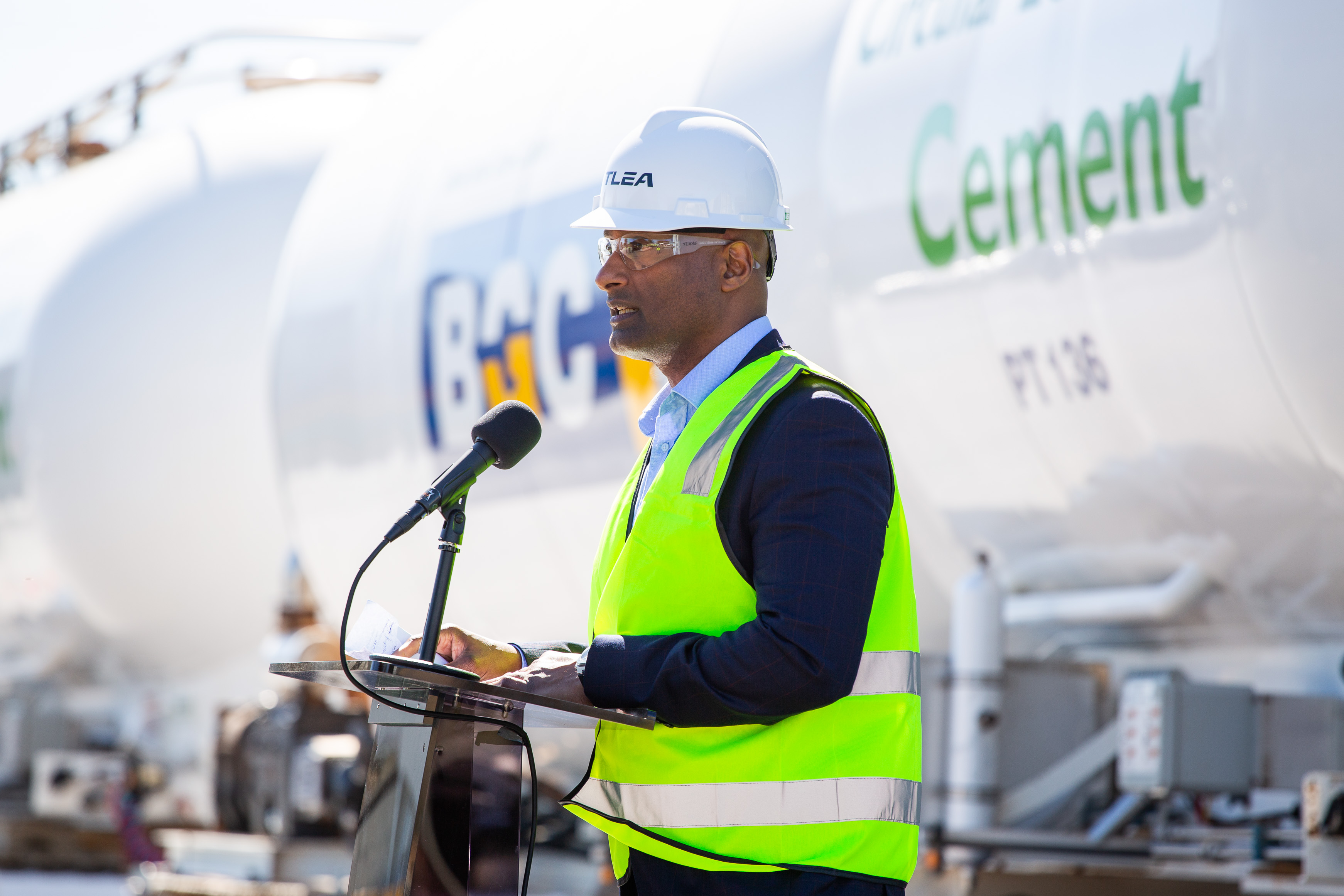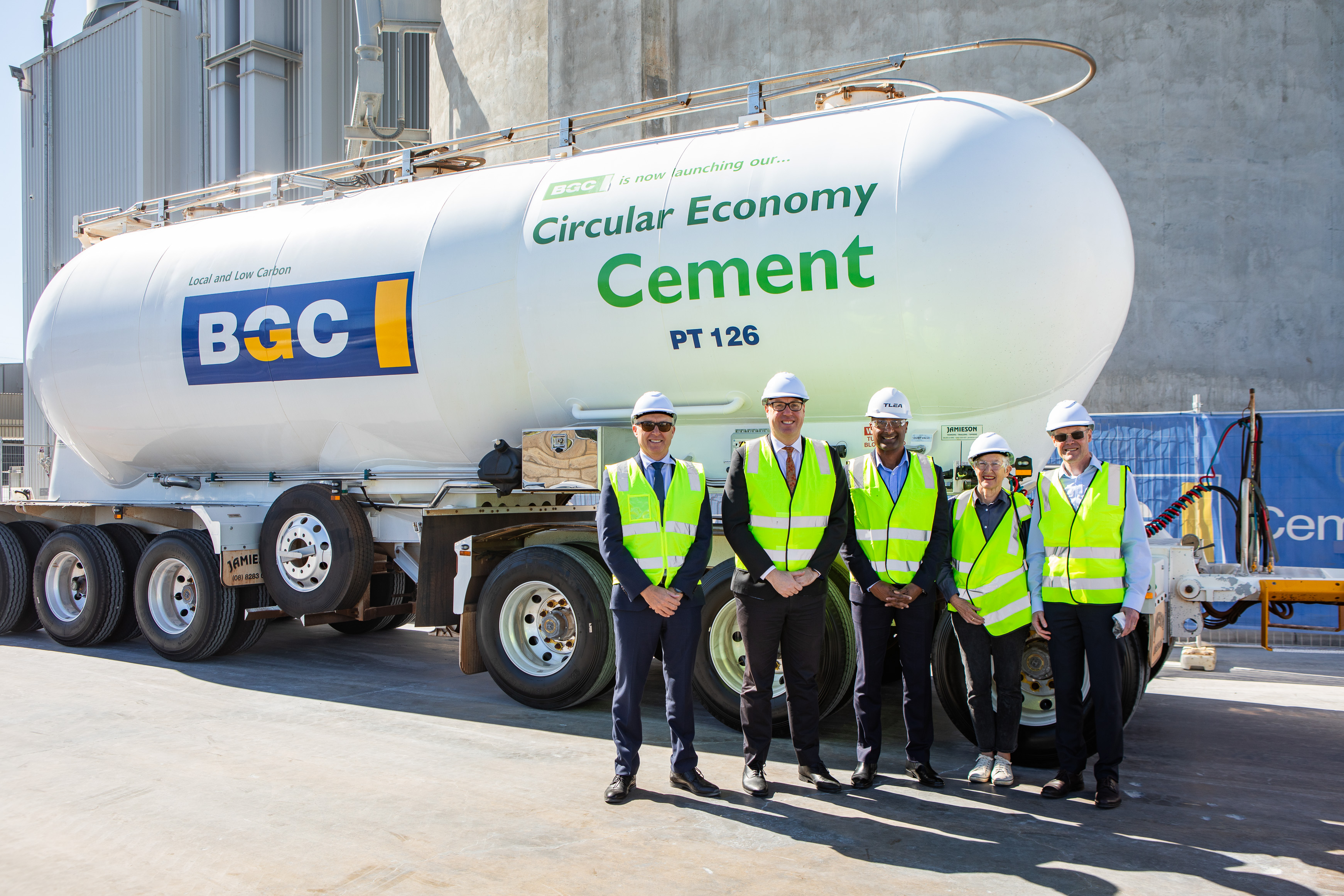Member Spotlight: BGC and TLEA Collaborate on Low-carbon Cement Using Aluminosilicate By-Product
Australasian Pozzolan Association (APOZA) members, BGC and Tianqi Lithium Energy Australia (TLEA) recently announced a commercial partnership marking a significant step forward in the use of alternative, low-carbon materials in cement and concrete production.
Under a five-year offtake agreement, BGC will incorporate TLEA's aluminosilicate by-product, known as TAS, into its cement products. TAS, a pozzolanic material derived from lithium hydroxide production, is expected to replace imported high-carbon clinker and deliver substantial carbon savings. This initiative is projected to reduce carbon emissions by nearly one tonne for every tonne of cement produced.
The collaboration is the result of over five years of joint research and development, including laboratory and field trials to assess the pozzolanic properties of TAS and other forms of delithiated beta spodumene (DBS).
BGC’s CEO Daniel Cooper noted that TAS, when used in an optimised blend, can potentially outperform generic cement in several performance measures, particularly later-age strength. Cement manufactured using TAS is also reported to contain 95 percent less carbon than traditional cement.
The initial use for TAS includes masonry products, concrete blocks, and mining application, with future expansion into general cement products pending updates to Australian standards. The company is investing in infrastructure upgrades, such as a dedicated drying plant and expanded blending facilities, to support this transition.


TLEA's approach is committed to circular economy principles, CEO Raj Surendran highlighted that the Kwinana plant aims to be 99% waste-free, finding beneficial uses for its major non-lithium byproducts. “Every tonne of lithium hydroxide we produce results in ten tonnes of by-products,” Surendran explained. “Finding sustainable, cost-effective applications for these materials is both an environmental and economic priority”, aiming to achieve net-zero carbon targets.
The use of DBS in cement products such as TAS will significantly help drive advances towards sustainability targets. APOZA is actively involved in updating standards to recognise TAS and DBS as accepted ingredients in blended cement and concrete.
The Association congratulate BGC and TLEA on this important milestone and commitment to sustainable practices and their contributions to the advancement of low-carbon building materials. We thank them for their ongoing engagement and support with APOZA’s work in advancing sustainable pozzolan solutions.
For more information, you can read the full article here: BGC Cement
